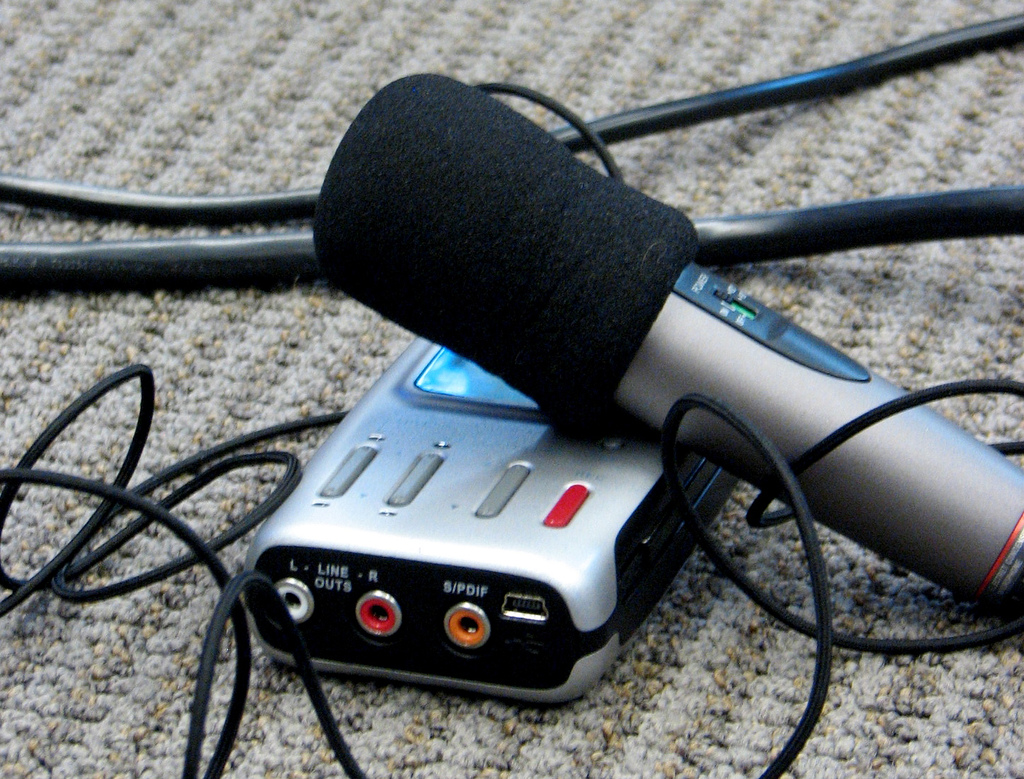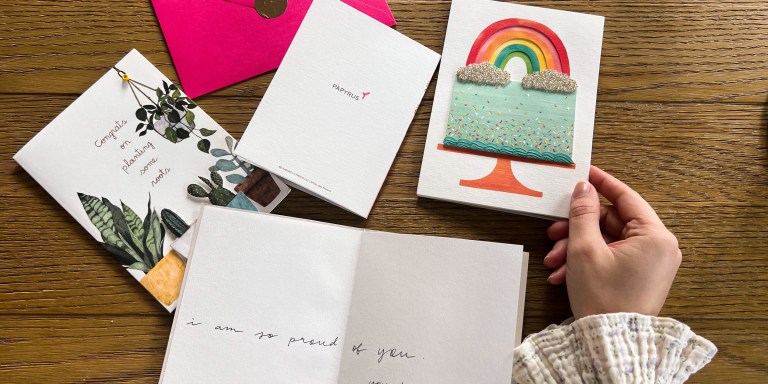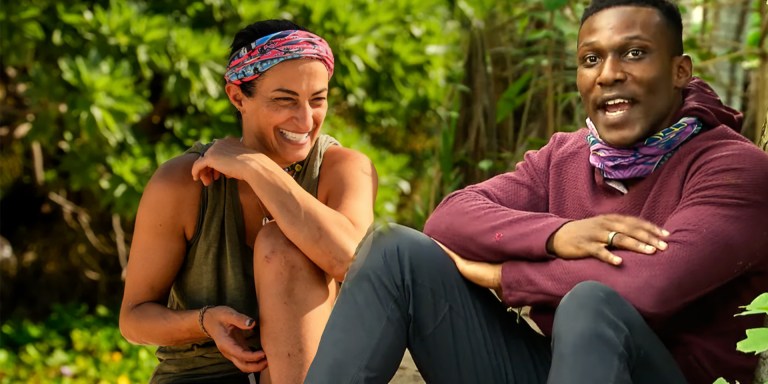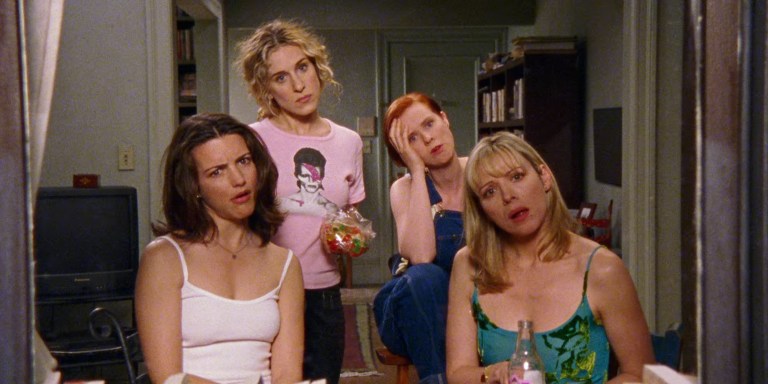
Ryan Holiday published Please, Please, For the Love of God: Do Not Start a Podcast and it’s making the rounds on the interwebs. For some, it seems, it’s saying what many people have been thinking and is thus bringing in a sigh of relief that someone has said it. For others, it sounds like the same old, same old line from people who have made it telling people who haven’t that they shouldn’t start and instead go do something different.
My take is mostly on the latter side of things.
The tricky part here is that Ryan is a masterful media manipulator, so it’s hard to tell which parts of his essay were for a provocative rant for attention and which parts he meant to be more than straw men and to be legitimately useful for people. It’s precisely because his piece weaves in so many threads that it’s worth detangling.
Let’s start with where I agree with Ryan. From his article:
“Because lots of other people are doing it” is a really poor reason to do anything. […] If one were to really look at the motivation and intention behind far too many of the people trying to get in on the boom, those are the exact reasons they’d find. People want to capture the same success they’ve seen others have — but they don’t ask why those people have it […] As a general rule: when everyone is talking about some trend, the smart money ignores it and does the opposite. Meanwhile, it’s the lazy, selfish and the lame that try to imitate and cash in […] “I’ve noticed that for far too many podcasters almost everything they say and do could be boiled down to them trying to do as little work as possible and impose on others as much as possible […] And then these people are surprised when their shows are boring, have no listeners and advertisers aren’t lining up to buy out their inventory. Was there any other possibility. They’re barely even trying. […] instead of half-assing it and coasting, people should “find something else [they] can whole-ass.””
Let’s step aside the fact that this may rest upon the fundamental attribution error, namely that we assume our motivations are good and reasonable when, for the same actions, we assume other people’s motivations are less than noble. I’d instead like to state another general rule, if I may: to find authentic and sustainable success in any content-based media, you have to love the media from the beginning. Otherwise, you’ll go through the motions and cut so many corners that you’ll end up with nothing but a soulless circle full of your own self-promotion and frustrations.
We’ve got to be careful here, though, because loving the media need not mean loving the conventions of the media. I don’t particularly love the conventions of many podcasts, but I love a media form that allows us to capture authentic and deep conversations. In a similar way, I love what books and blogs allow us to share and consume, even if I don’t love the conventions of either.
Here’s another line where we’re in agreement:
“Worse than the laziness is the transparent lying and transparent manipulation that is rampant with the new crop of “me-too” podcasts […] The ultimate admission that they don’t have an audience of their own — that the show is actually a lame attempt to siphon off fans from people who do … as though that were the only growth strategy available.”
While I find this an odd thrust coming from Ryan — whose book Trust Me, I’m Lying recounted many of his successful and questionable exploits to manipulate the media — outright lying to get people’s attention is annoying and deplorable.
There are other lines and sentiments I might agree with, as well, but they’re mostly things that we can all agree with: don’t lie to folks and do the work. The rest starts to get especially shaky.
Influencers Make Less Influential People More Influential
Let’s pick up the media manipulation bit. Here’s Ryan:
“Then they proceed to list their trademark famous guests (I won’t list the names because I’d rather not embarrass anyone) which can seem persuasive until the fortieth time you see a certain name used like this in an email and realize that this person will apparently agree to any interview request from anyone at anytime.” (Emphasis his.)
This has less to do with podcasting than general growth strategies for new creators across just about every media I know of. New musicians get known names to join a song. New authors get established authors to write a preface or a slice of the book. People host telesummits and websummits with the usual suspects so they’ll be on stage with the established usual suspects. And while Ryan hasn’t pitched me yet (and probably won’t after I publish this), I imagine that he uses some degrees of the social proof that he’s criticizing for his up-and-coming clients OR that he did before he was the Ryan Holiday.
Which creates an interesting tension in his thrust here: if more influencers would agree to interview requests from newcomers without assessing whether it’s all things considered a good use of their time, then we wouldn’t see as many of these types of pitches. At the same time, if they agreed, then they’re in Ryan’s seemingly less-than list of people who will apparently agree to any interview request from anyone at anytime.
That leaves new creators in a bind, for unless they have the good fortune of knowing influencers or knowing someone who knows influencers, it’s tough to get influencers’ attention. As much as we’d like to live in the “build something great and they’ll come” world, the reality is that influencers bring your creative efforts influence faster than toiling away in artistic obscurity. Being prepared to toil away in artistic obscurity – aka doing the work – isn’t inconsistent with asking others to support your work and/or give you a boost.
This Seat’s Taken
The most striking tension I felt with Ryan’s argument is that it’s syntactically the same argument elites have been using to keep newcomers out for, well, millennia. Structurally, it looks like this: “There’s already enough great people doing [whatever’s in question]. It also takes a lot of work, skill, and time to do it well. We don’t need more [artists / authors / bloggers / programmers / leaders / politicians]; we need more [listeners / viewers / readers / followers ]. You should be in the latter.”
That this is coming from people who have already made it or in the process of making it – and ironically from people who are relatively new to the scene – makes it all the worse. Surely, it was just as true for them as it was for whoever they’re saying it to. Except, and this is an important except, the newcomer was apparently talented, virtuous, hard-working, or genius enough for it not to apply to them. (Back to the fundamental attribution error.)
There are some who’ll think I’m reading more into Ryan’s words here, but let’s take a look:
“There are even some new shows I’m enjoying. Lance Armstrong’s podcast is fantastic. Malcolm Gladwell’s … Neil Strauss and Gabby Reece … But these were people who have real platforms, who clearly took the time to understand the medium, and most importantly, they have actually invested the time and resources to do it right. They aren’t looking to cash in either — they’re actually excited about the opportunity to explore a new art form.”
For comprehensiveness, let’s list out the rest of the great podcasters he mentioned: Jordan Harbinger, Marc Maron, Brian Koppelmen, Tim Ferriss, Rich Roll, James Altucher, and Lewis Howes.
Of the eleven people he mentioned, one is a woman (co-)host and one appears to be a minority. All had some type of creative success before they started podcasting. All clearly have the time, money, and success to leverage and create model podcasts.
What are we to take of this? By his words and examples, if you’re not a white, successful man, well, “do not start a podcast. The world would be a better place if you didn’t.”
To be clear here, I’m not saying Ryan is himself intentionally racist, sexist, or classist. What I am saying is that his examples, tone, and argument lead to a perpetuation of white patriarchal values and norms. Were we to follow his line of thinking, we can expect to hear the same narratives, norms, and values in the decades to come as we have in the decades past.
When I hear elitist arguments akin to Ryan’s, I can’t help but think of the scene in Forrest Gump when all the kids keep saying “this seat’s taken,” when clearly there’s room for a new person to sit down. That we move on to another seat only reinforces the social dynamic that keeps power structures in place. It’s time we not just move on and agree that the seat’s taken.
Most of Us Don’t Start Out Great Or Knowing What Our Jam Is
While we’re discussing social norms, let’s get another one on the table: there’s a wide swath of people who aren’t prodigies, geniuses, or people who had their creative skills nurtured when they were children. A lot of people have been told, in as many words, that they should be a part of the quiet, consumptive class and let the people with talent do their thing. This is especially the case for women, minorities, and the poor.
The result of this is that a lot of people end up making it all the way through high school and even college without ever considering that they’re creative or have anything worth saying or sharing. And because they got a late jump on starting, they’re not as “talented” as people who have had those creative skills cultivated since they were young. They’re comparing their skills as new practicing creatives with the honed skills of practiced creatives.
Clearly, in a race like this, the new runners won’t be as good as the people who’ve transcended running the race and are now defining what the rules are.
Additionally, the wonderful world we live in now is creating new expressive platforms that we’re all figuring out as we go along. While it’s undeniable that general photogenic, comedic, rhetorical, theatrical, and charismatic skills learned elsewhere are transferable to new media, anyone over the age of 25 wasn’t formally taught how to and encouraged to use Snap, Twitter, or podcasting tools.
The fact that a lot of people are still figuring out what their creative marks are in constantly evolving free platforms with no barrier to entry means that we’re going to see a lot of “bad” creations. Adults are putting the drawings, songs, poems, and stories they didn’t get to write as kids on the refrigerator of the world, the internet.
On that note, while there are clearly benefits were new creators to do their research and learn from the masters, a downside is that this has a tendency to perpetuate certain memes, norms, best practices, and forms in open new media when we catch people’s creations before they’ve developed their own style. While it’s rarely formally taught, the imitate, assimilate, and innovate growth cycle is an intuitive and natural way for us to make our way and we spend a long time in that imitate state.
So it’s not just that we get to experience a lot of people’s first expressions, we get to experience people’s imitative first expressions in media that they may not be good at yet. This is maddening for the elites, critics, fashionistas, gatekeepers, and editors of the world and there’s no end to the instances of bad art, hucksters, phonies, hacks, and copycats.
But as Clay Shirky argued in Here Comes Everybody, there’s also no end to the instances of brilliant newcomers, gamechangers, boundary-pushers, category-busters, synthesist, subversive storytellers, engaging entertainers, and truly interesting and unique people to find. Many of this latter bunch of people wouldn’t have or didn’t make it in traditional educational or artistic venues.
This public creative process is messy. Much like bloggers co-evolve with their blogs, creatives co-evolve with their creations in public. They’re figuring out what they’re good at and what their jam is as they go along, but that’s how we all go along. We don’t figure out what our thing is by researching and listening to other people do their thing. We figure out what our thing is by trying it, being terrible at it at first, but seeing that there’s enough there for you to keep at it, all while understanding that anything worth doing well is worth doing badly in the beginning.
But let’s be honest: if we’re really showing up for our own work, we’re all figuring it out as we go along. How about being honest about that and shuck the “this seat’s taken” mindset?
The World Does Need More Listeners
Here’s Ryan:
“I am down on copycats and trend followers. I like podcasting too much and value my own sanity (and the sanity of other awesome people) too much to think that the world needs us to collectively waste time on other people’s self-indulgent personal brand building. […] It’s because I love podcast that I am happy listening. The world needs more listeners. We could probably make do with less talking. So unless we’re going to put in the kind of work that Jordan or some of the greats have done, let’s just be listeners — until we find something we are willing to invest in.”
The world does need more listeners, and not just when it comes to podcasting. The thing is, we don’t get to decide what people should be listening to and what they find important.
I’m with Ryan that we don’t need more copycats, as well. The trick here is that the research and understanding of the medium he’s recommending is going to lead to more people differentiating on sizzle and not on substance because it’s the same narratives and frames rehashed over and over again. I think we’ve lost when the remarkable part of a podcast is that it happens in a hot barrel sauna or it’s done on Google Hangouts with masks on.
But, again, I don’t get to decide what the attention market will value. I can’t fathom why people love Snap, but clearly Snap is doing something for lots of people. As a general rule, business parable books and case studies turned into best practices don’t do for me, but, again, they clearly have a place in the attention marketplace.
I also happen to think there’s a growing audience of people who want more than tips, narratives, and life strategies from people who’ve managed to leverage their privilege. There are unheard and untold stories of weirdos, freaks, outliers, misfits, underdogs, and the overlooked — i.e. the rest of us — and the promise of the fact that we can all be creators and publishers is that we can both create those stories and find them.
I personally would rather hear an underproduced, unrehearsed conversation from Skype or a cheap telephone conference line that actually moves me, educates me, or makes me a better person than to hear a pristine show that follows all the best practices but manages to spend 30 minutes of my time saying nothing worth remembering or that’s rehashing the same topics and arc time and time again. I’m willing to look at those refrigerator drawings and see the tree in the acorn rather than demanding that it’s a tree already. I know upon listening to a podcast whether the host is still figuring out her voice, and I’m happy to stick in there until she makes her way if she’s talking about something I’m interested in and is making an honest effort to do her best, with whatever means and experience she has.
It’s also a fact that not every podcaster is going to “make it” or stick with it long enough to get whatever level of success they’re after. It’s easy to start and not so easy to keep going. In the process, people will figure out that it’s not their jam or that they didn’t have as much to say (via podcasting) as they thought or that the quick successes they thought they’d rack up because it’s an “easy” media don’t happen. In one view, they’ve wasted their time and ours in the process. On another, they haven’t wasted their time because they’ve been in the creative process and, on the listener’s side, I’m going to go with Russell’s “the time you enjoy wasting is not wasted time.”
In the world of creativity writ large, artists come and go. A lot of would-be professional artists don’t make it. A lot of top artists are the ones people wrote off, and a lot of people who were thought to make it easy never did. And, in a very real sense, it’s all been done before. (But not by you, for us.)
I don’t and can’t know whether you’ll stick it out or be successful. I don’t and can’t know what the attention market will value.
But what I do know is that you absolutely should start saying something and creating something if you’ve got something inside you that needs to come out. Sooner rather than later. And especially if you’ve been told not to.
Because the world would be a better place if more people actually added to the creative chorus, even if they start out off key, sound like someone else in the beginning, haven’t bought the fancy clothes, or decide to stop singing later.
My request of you is this: once you start adding to this big chorus we’re all a part of, remember that there are people who want to start singing but are scared to or have been told that they should be a listener. Invite them to stand next to you rather than crowding them out. ![]()





